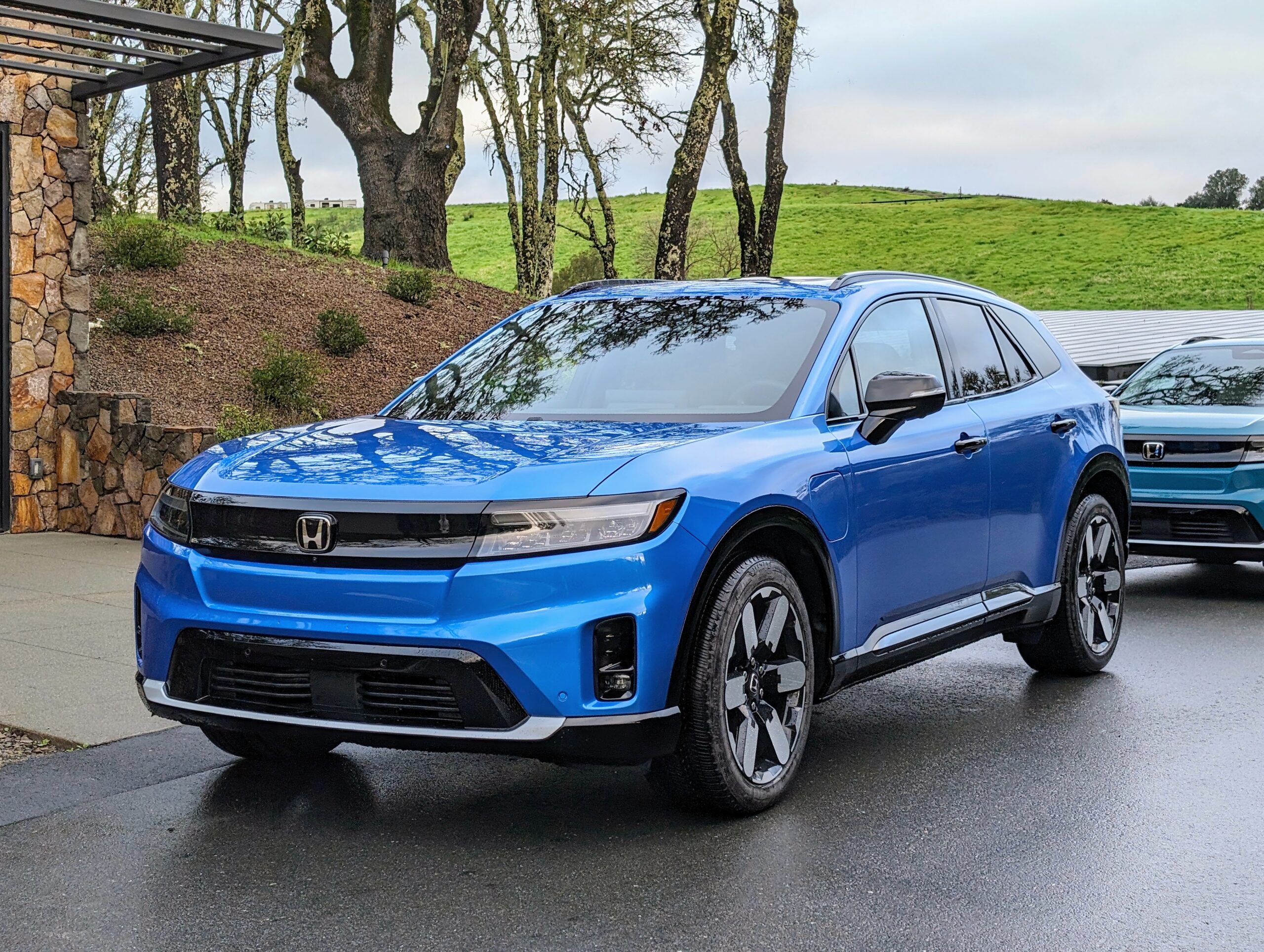Volvo Construction Equipment is a hub of pioneering ideas and forward-thinking concepts that elevate machine capabilities to work smarter and harder.
Volvo equipment supplier CJD Equipment is noticing a growing trend in the mining industry: hybrid excavators.
These innovative machines blend traditional power with electric energy to slash fuel consumption and boost efficiency – and Volvo Construction Equipment has been leading the way.
Volvo’s comprehensive product portfolio has been crafted to enhance machine performance and drive profitability. With top-tier guarantees, warranties, and cutting-edge technological solutions, Volvo helps to set the standard for excellence in construction equipment.
With a drive towards more sustainable construction practices and the constant quest to reduce fuel consumption, Volvo’s hybrid excavators emerge as a significant leap forward.
And with dealers like CJD Equipment behind the scenes to offer support, Volvo ensures that its construction machinery continues to cater to the evolving needs of the mining industry.
Volvo’s hybrid models for its EC250E, EC300E, EC350E and EC380E excavators are at the forefront of construction machinery innovation, offering significant advantages over traditional equipment.
These advantages are rooted in cutting-edge technology, saving fuel and reducing emissions, thereby improving project profitability and making a mine site greener.

Image: CJD
There are multiple advantages to Volvo’s hybrid range, including up to a 17 per cent boost in fuel efficiency, a 15 per cent reduction in fuel consumption and up to a 12 per cent reduction in carbon dioxide emissions.
These advancements signify Volvo’s commitment to innovation and sustainability, providing a compelling case for adopting hybrid technology in construction equipment.
The blend of fuel efficiency, operational excellence, and reduced environmental impact positions Volvo’s hybrid excavators as a superior choice for the future of construction machinery.
At the core of Volvo’s hybrid system is the hydraulic accumulator, which captures ‘free’ energy generated during the boom-down motion. Often wasted in traditional excavators, this energy is efficiently stored for later use.
The stored energy in the accumulator drives an assist motor. This motor powers the engine system, effectively reducing the torque requirement on the engine and leading to lower fuel consumption.
The EC300E Hybrid uses this energy to assist the boom-up motion, lightening the load on the engine.
Volvo’s hydraulic hybrid system optimises energy capture during a typical loading cycle, unlike traditional hybrid models that capture swing energy.
Volvo’s commitment to sustainability is evident in its development and implementation of advanced technology.
Hybrid and electric construction equipment, such as Volvo’s EC300E Hybrid excavator, plays a crucial role in this commitment, significantly reducing the emission of pollutants like nitrogen oxides and particulate matter.
Not only does the technology behind Volvo’s hybrid excavators reduce fuel consumption and emissions, but it is also backed by comprehensive support through initiatives like Volvo’s lifetime frame and structure warranty and ActiveCare Direct.

Image: CJD
These programs ensure the machinery’s optimal performance and environmental compliance throughout its operational life.
By integrating these sustainable practices and technologies, Volvo Construction Equipment is leading the way towards a more environmentally responsible future in construction, demonstrating that efficiency and environmental care can go together.
Volvo has pioneered the integration of hybrid technology into its construction machinery lineup, offering a blend of efficiency, sustainability, and power.
The key models within Volvo’s hybrid range underpin its commitment to advancing construction technology while addressing environmental concerns.
The EC300E Hybrid and EC380E Hybrid excavators are at the forefront of this, offering enhancements in operator comfort, such as an electric control joystick, fully electric travel pedals, and new boom-and-arm bounce reduction technology.
The EC380E Hybrid is the largest model in Volvo’s hybrid range, boasting an operating weight of 37,800–43,000kg and a gross power of 230 kilowatts.
Its key specifications include a bucket capacity of 0.8–2.53 cubic metres and a maximum digging reach of 5mm, ensuring high performance and efficiency on the job site.
Volvo enhances the versatility and performance of these machines with a range of attachments designed to work in perfect harmony with the equipment.
Complementing the hardware, Volvo offers a suite of solutions to maximise machine performance and profitability. These include uptime services, fuel efficiency, emission reduction, safety, and more, all designed to ensure Volvo machinery operates at its peak while delivering on sustainability goals.
Volvo’s hybrid and electric models are more than just machines; they are testaments to the company’s forward-thinking approach to construction.
By focusing on fuel efficiency, emissions reduction, and operator comfort, Volvo Construction Equipment addresses the immediate needs of the construction industry and contributes to broader goals of sustainability and environmental preservation.
Through the meticulous exploration of Volvo’s hybrid and electric machinery, it’s clear that technological advancements and sustainable practices are pivotal to transforming the industry.
Volvo’s robust portfolio exemplifies a commitment to innovation, efficiency, and environmental stewardship. This aligns well with the industry’s drive towards sustainability, reducing carbon footprints while maintaining high-performance standards in construction equipment.
Volvo’s endeavours underscore the importance of embracing hybrid and electric technologies to meet the future demands of machinery.
The significant benefits in fuel efficiency, operational advantages, and the push towards reducing emissions delineate a path forward for the industry.
As the sector continues to evolve, Volvo’s leading-edge solutions exemplify how technological advancements and a commitment to sustainability can harmoniously drive the industry towards a more efficient and environmentally conscious future.
This feature appeared in the August 2024 issue of Australian Mining.




